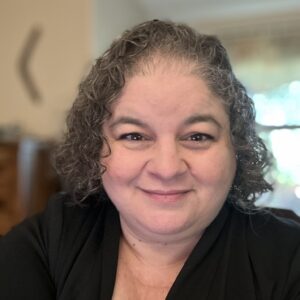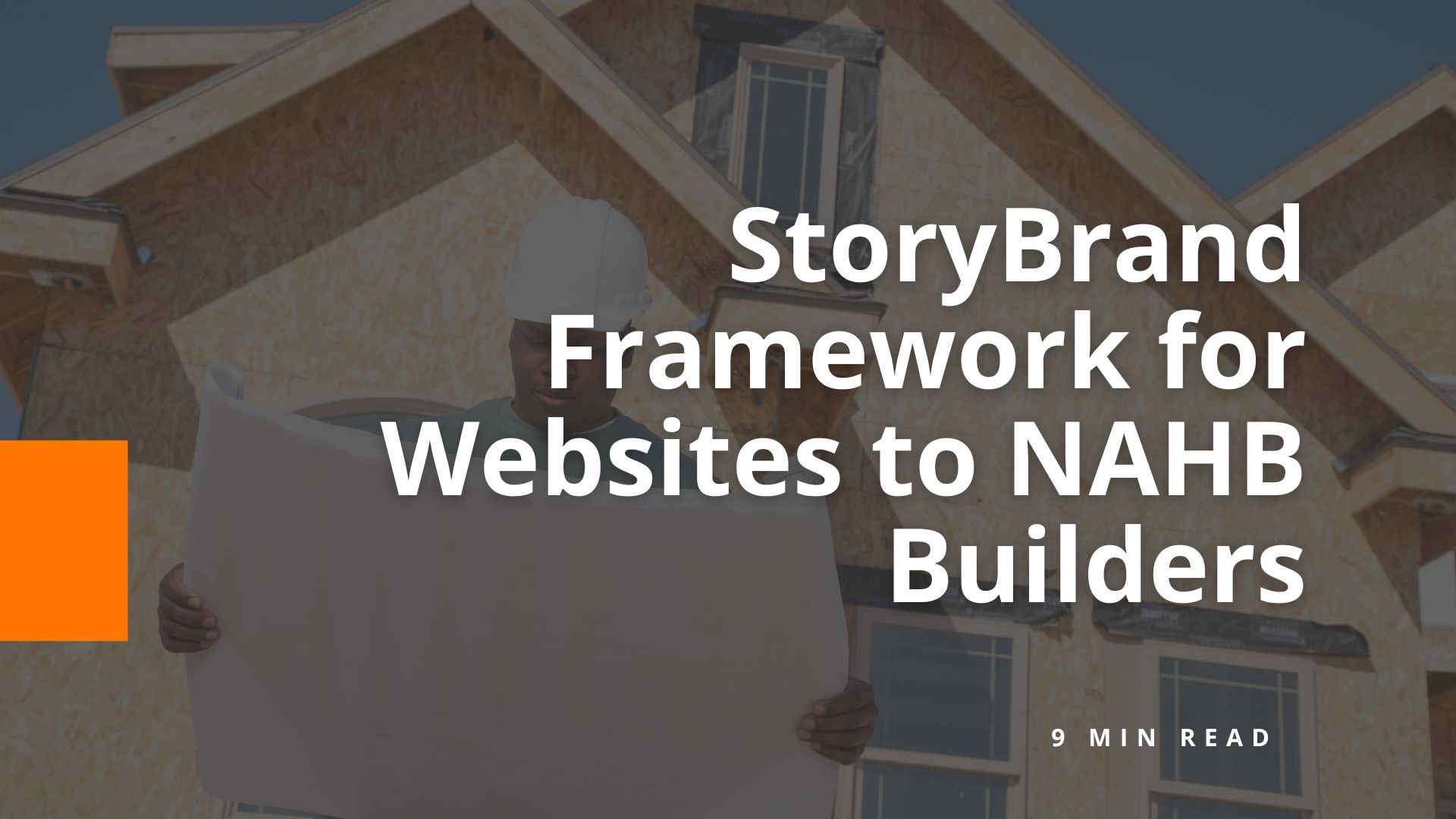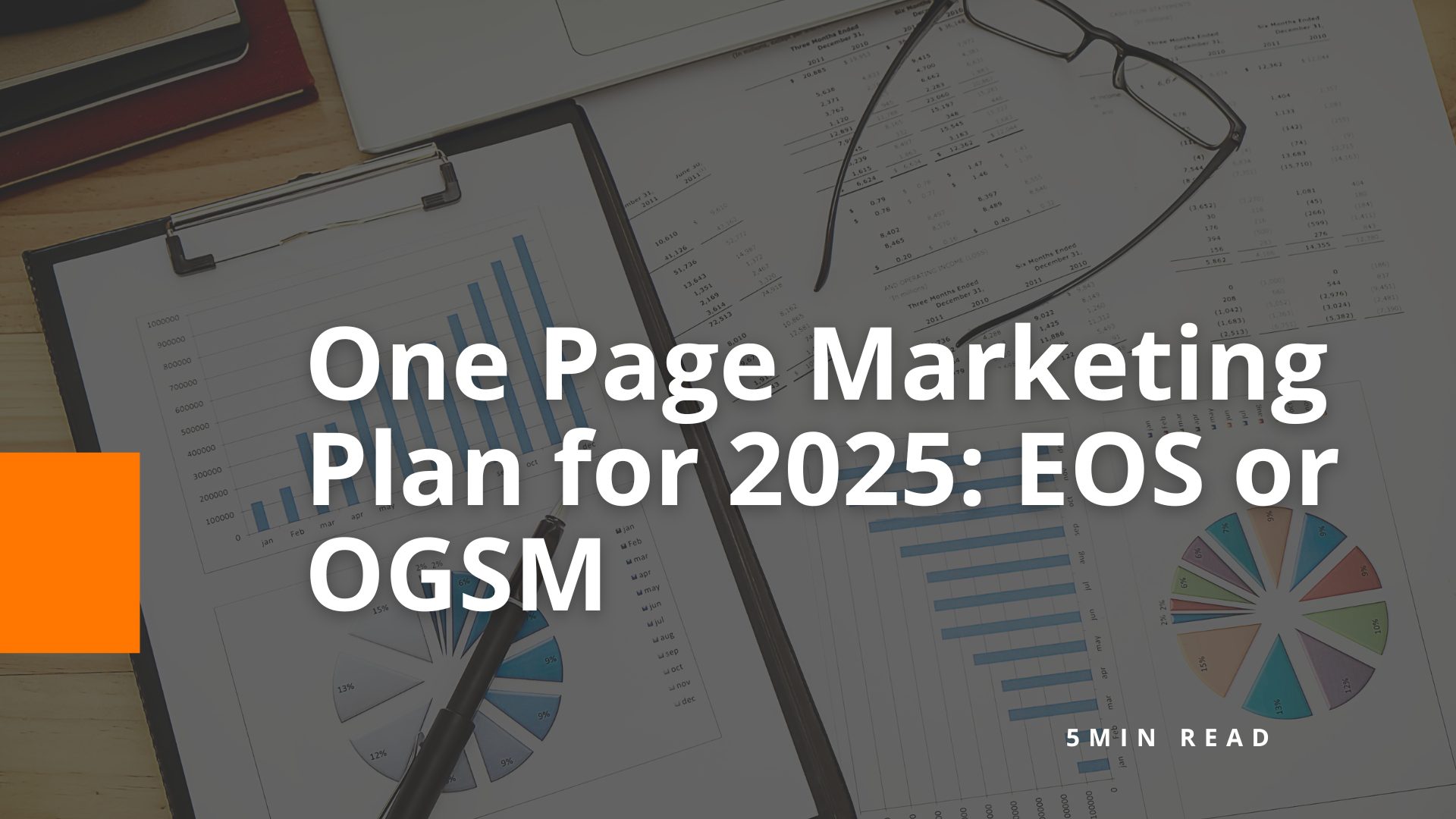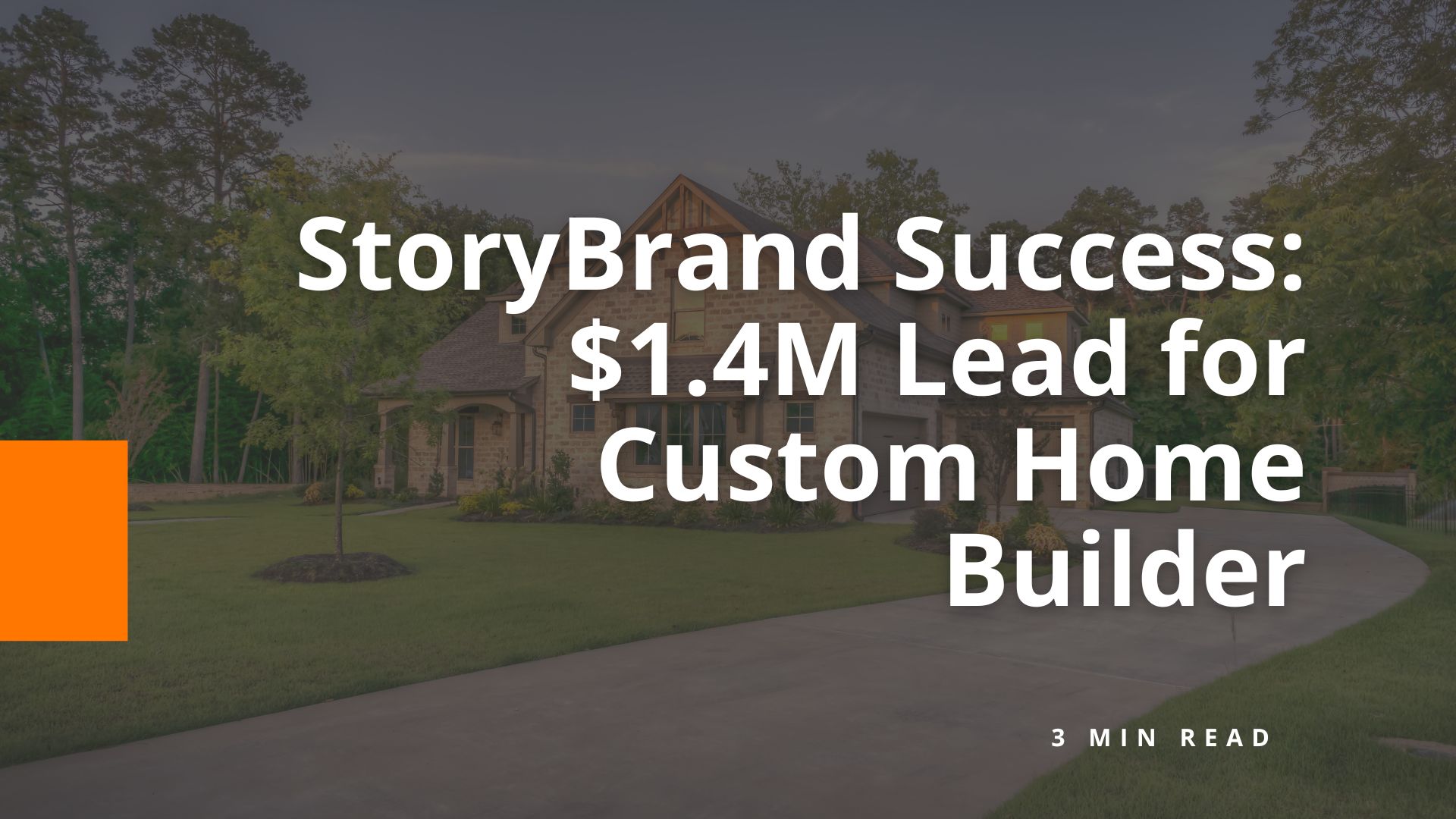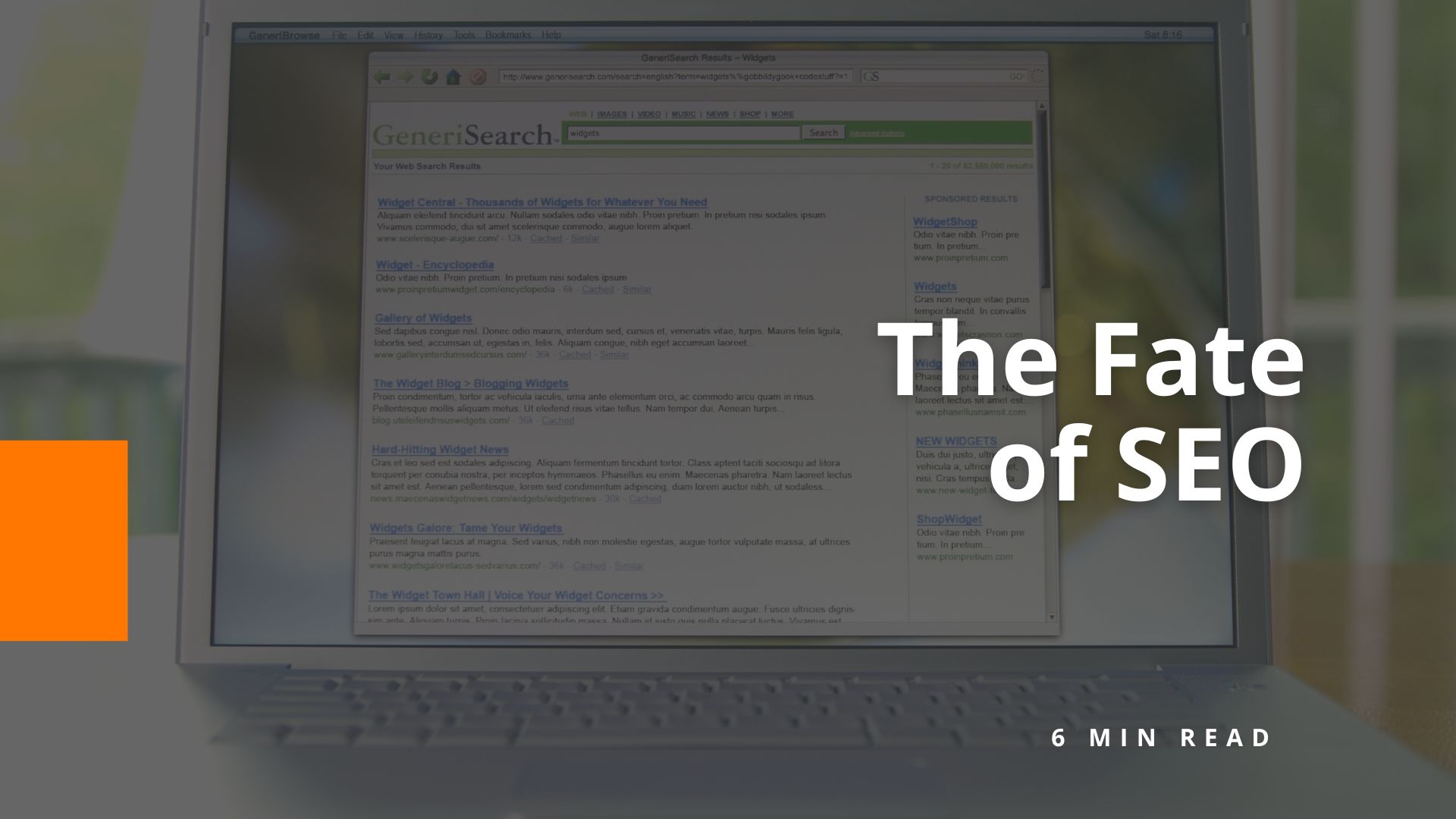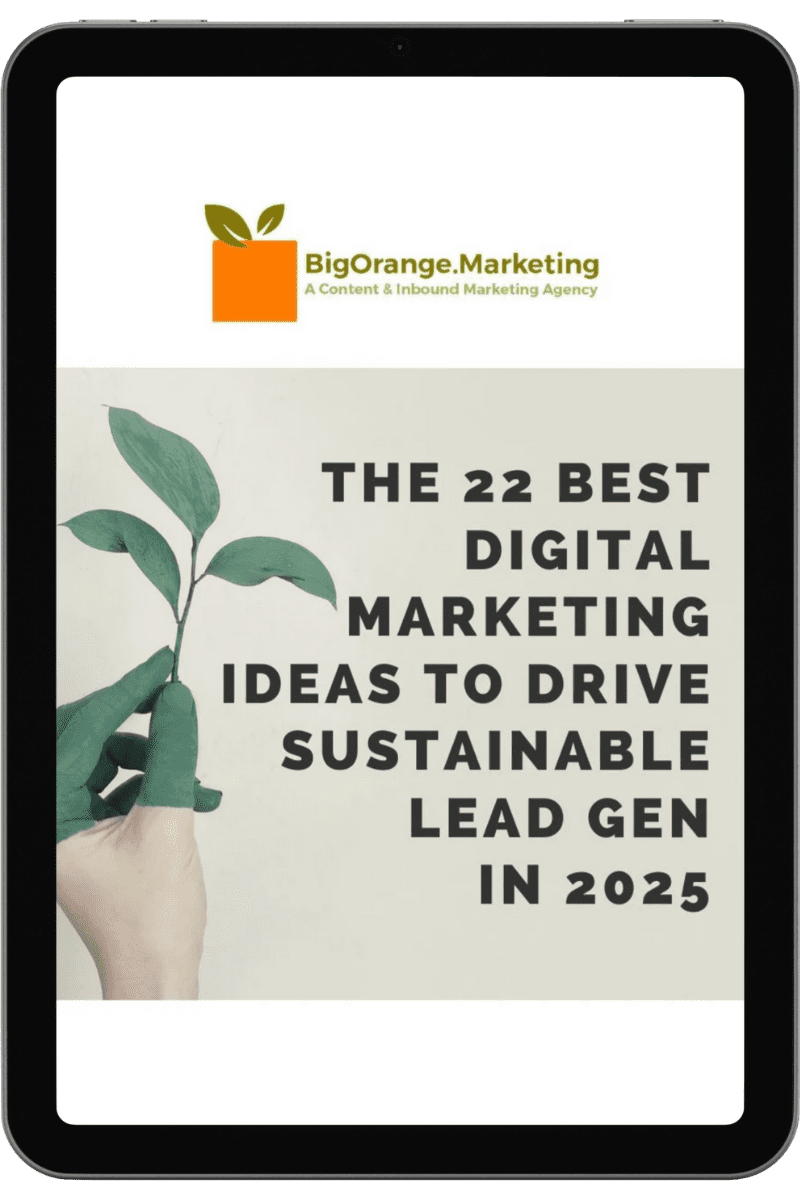Squeeze the Day Webinar: 7 Top SEO Tips for 2022: How to Make Google Love You Now
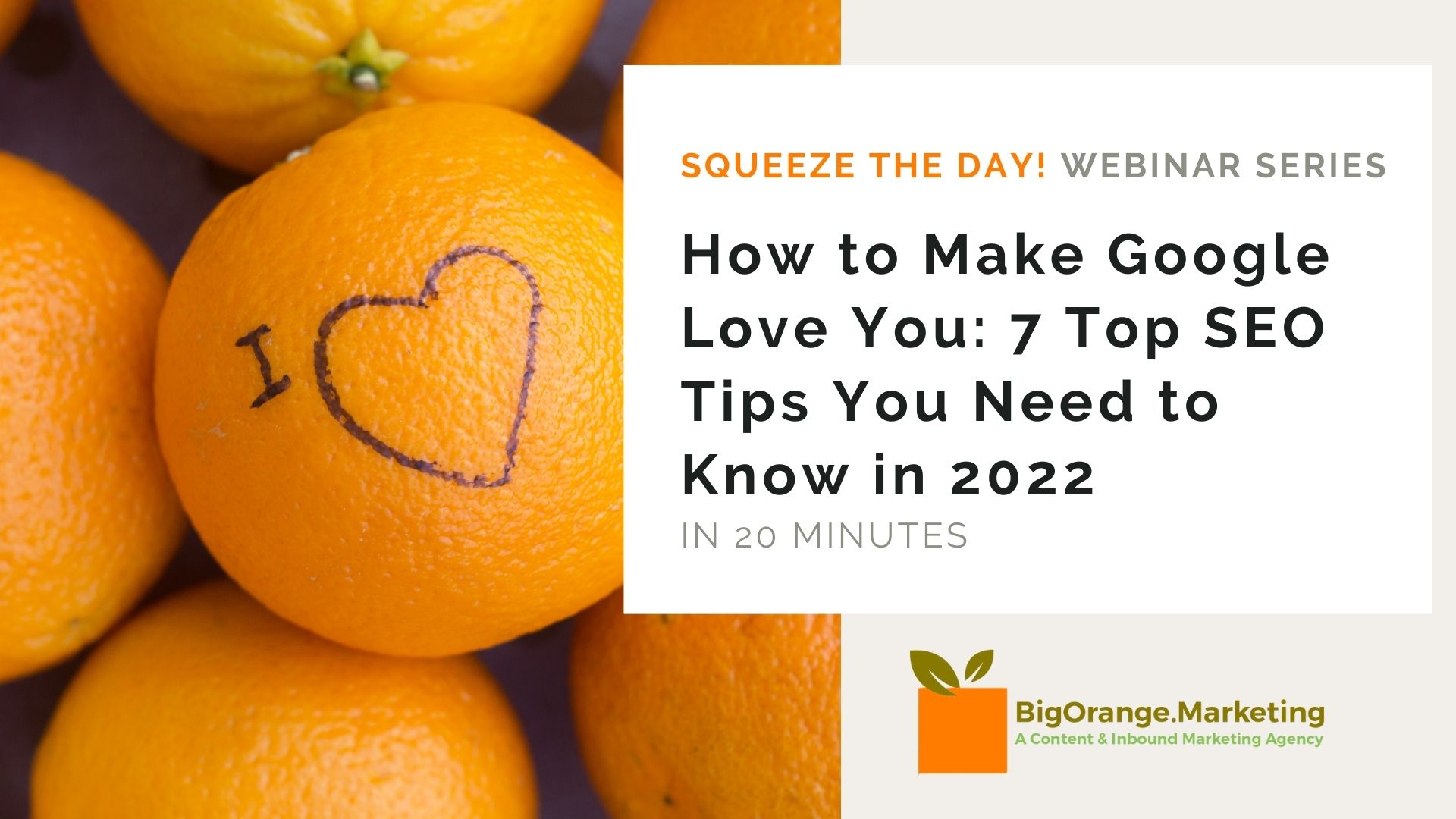
Join Us for Our Next Webinar: 7 Top SEO Tips for 2022: How to Make Google Love You Now
powered by CrowdcastHow do I get my website to rank with Google search? Why am I not showing up in searches for my keywords? What is SEO? What matters most to Google right now in 2022?
The answer is always evolving and dramatic changes in Google algorithms may have altered everything you thought you knew about SEO. Meanwhile, both B2B and B2C marketers want more search leads because they carry a much higher chance of conversion than outbound leads.
Well, we’ve got answers to your SEO questions. In this webinar, you’ll learn:
- How writing for humans trumps writing just to rank
- The difference between good and bad linking strategies
- Ongoing content plans and how to make them strategic
- Google gardening tips for items outside of your website
- And more
All of this in 20 minutes guaranteed to entertain. Plus, we’ll be giving away a Starbucks gift card to viewers who watch until the end.
Are you ready to make Google love you? Join us on February 17 at 12 p.m. EST for a webinar on Crowdcast. You’ll come away from the session with key insights on the current Google algorithm so your site ranks better.
You’re invited
Webinar: 7 Top SEO Tips for 2022
When: Thursday, February 17, 2022 at 12 p.m. EST
The webinar will be approximately 20 minutes long. Watch and collaborate with our team and more MSP marketing professionals in real-time or later at your convenience.
Transcription
Speaker 1 (00:25):
Great. Good. Well, we have another minute or so before we get started, I’m Margee Moore at big orange marketing. We are going to cover how to make Google love you today. I’ll just show you a little bit of our office while we wait. This is our conference room. So this is where we’re broadcasting from. We’re in Cincinnati, Ohio. Our presentation today, uh, we’ll wait another minute and start. Okay, so it’s 12 o’clock noon. Thank you for joining us for our presentation today, about how to make Google love you, updated for 2022. I’m going to share my screen now. Thank you guys all for joining us. This is great attendance. We really appreciate it. Hope we provide some value here. Okay, here we go. So let me move into presentation mode.
Speaker 1 (01:42):
Let me back up. All right. That’s a little preview for you of where we’re going today. So our presentation today, is it working?
Speaker 2 (01:50):
No for me. Oh, you can hear, keep going.
Speaker 1 (01:52):
Do, do you think people can hear? Yes. Okay, great. So we hope people can. Um, so how to make Google love you seven top tips, um, for SEO that you need to know in 2022. Okay. So what we’re gonna hit for agenda today is tell you a little bit about big orange. Um, what is SEO and why it matters seven top tips we’re gonna go through, and then we’re gonna bring it back into an action strategy. Um, at the end, we’ll have a poll and will randomly choose a winner. Um, and we don’t actually have access to the email addresses. So we’ll try to figure that out, how to get your, um, gift card to the winner at that time. Um, can everyone hear me? Okay. And Emelia, can you read the chat if no one, if people can’t everything’s still going. Okay.
Speaker 1 (02:40):
Okay, great. All right. So a little bit about why we are the ones presenting to you here today is we’re BigOrange Marketing. We have, you know, 15 plus years of digital marketing experience. We’ve helped dozens of clients win millions in business. We’re HubSpot partners, we’re store brand certified guides as well. Um, and this is a part of our team here for you today that developed this talk. So first of all, what is SEO and why do we care so much? So search engine optimization is the art of ranking high on search engines in the unpaid section, also known as the organic search listings part. Um, that’s Neil Patel’s, um, definition today, 87% of shoppers begin their purchase online before they make any purchase decisions. Um, 5.6 billion Google searches happen per day in 2021. The last time we did this talk, that was about 2.2 million.
Speaker 1 (03:33):
So you can see the pandemic has really even escalated even more, um, online purchases, online search and things like that. Um, and as an inbound, as we are talking really inbound strategy, you have an 8.5 times higher chance of converting someone to a customer if they find you for, for what they are searching for and view you as the expert. So what matters for ranking today? SEO algorithms are constantly changing Google, Google changes, uh, with new updates all the time. Target keywords, uh, with a sole intent of just using keywords no longer works. That’s a very old strategy from quite a few years ago. But Google does prove keywords still matter. And Google provides us guys to start with, um, two important points, uh, beneficial purpose, and eat. So beneficial purpose means that the websites and pages you create should be created to help users to help them solve their problems.
Speaker 1 (04:34):
Um, things like that to provide value. Um, the EAT acronym stands for expertise, author and trustworthiness, your content and your webpages should show all of those things. So expertise are the creators of this content experts. Do they have credentials to back it up authoritativeness? Do they have generally recognized authority, uh, in MSP world? That would be something like certifications, lots of years in, in practice, um, trustworthiness, honest, true, accurate information, and also free of mistakes. Very easy to catch if you have grammatical errors, spelling errors, um, that kind of thing can, can really hurt your credibility. So that’s very easy to catch and make sure you’re, you’re not doing that. All right. It’s not magic. There’s a lot of things we can do to help ourselves rank on search. So now we’re gonna get into the top seven tips. Tip number one is to be credible.
Speaker 1 (05:29):
Does your website build credibility? Does it show your authentic team and build a relationship? Does it look professional, are you overusing stock images? Could you do a photo shoot? There’s lots of resources today, like snapper or Thumbtack, where you can hire a photographer very affordably and get someone to, to get some real images of your team with good lighting. Lots of different scenarios are great, too. Does your website include pictures of your team? Does it include bios of who they are and their backgrounds with some of that credibility certifications? Um, years and years in the fields also defined, um, is, is it, oh, so then very important part here. Is it clear what you are selling? So in store brand methodology, we call this the grunt test. Are your services transparent? Could a caveman come to your site? Would he know what you are selling?
Speaker 1 (06:23):
Would he know how it benefits him and would he know how to buy it? Um, so that’s the grunt test from StoryBrand and we do always apply that test. Um, and does your website or content have errors be sure to check for those grammatical spelling type of errors? Um, visually here, this is Neil Patel, um, on the right. His blogs always seem to have this a lot of his core pages do as well. Um, his picture and then a little bit about all his time, um, his, his publications, all of that, um, building his credibility in a very nice way, tip number to right for people, um, right for humans and not for search engines, answer your users, your customers, your potential clients, answer their questions, uh, help people find what they’re looking for. Use simple language, short sentences, um, clearly share how you help solve your ideal customers, um, how you solve their pain points.
Speaker 1 (07:20):
Don’t use jargon, um, another great way to get content ideas or how to, to, to do your messaging on your website is ask your sales team, what are common objections they hear and address, address those objections, right on your website, write in your blog post, um, use a question and answer format in blog post. This is a very good idea, um, because of, of, um, voice search today. So, um, use that format when you write blog posts, um, provide, um, conversion path. So when people are on your website and they’re maybe not ready to reach out to you yet, give them some next steps, they could take like a downloadable or a sales funnel, um, that they could, um, go to, to stay on your page longer, or, you know, lead them to the next action they could take on your website, tip number three, um, get testy, um, do a user experience test of your website and also audit your content.
Speaker 1 (08:15):
So a really simple way to do this is to sit with someone who’s not already familiar with your company and, um, observe them like have them say, can you, can you find our services and what we’re selling? Um, can you find our testimonials, just ask them some questions and don’t tell them how to find it, just watch what they do. Um, can they find that? And we do know, um, from SEO reasons, cause SEO background research that having your services as your first, uh, navigation dropdown is probably always a good idea. Um, so don’t forget to do that. Um, can people understand the language you are using or are you using overly complex words? Um, there’s tools like user testing.com, you can run a really affordable test. Um, there’s also the Google webmaster list of 23 questions. We have that on our blog, on our website, um, our version of it.
Speaker 1 (09:07):
So we’ll share that as a resource back on our website will bring that up again. You can find it easily. And then on at your content, you’re looking for high bounce rates, things like that, that you should clean, clean up and get, um, uh, blog posts that also have no visits. Those are things you should clean up. Um, high level here is some of the Google webmaster 23 questions. This has been around for a while. It hasn’t really changed a ton. Uh, would you trust the information present in the article? Is this article written by an expert or an enthusiast, um, or is it kind of shallow in nature? Uh, does the site have duplicate content, um, overlapping content, redundant articles? Um, are they just sort of trying to keyword jam, um, are you comfortable, would you be comfortable giving your credit card to this website?
Speaker 1 (09:52):
That’s a very good test to ask yourself. Um, does the article have spelling stylistic factual errors? So this, all of the, um, things we are sharing do come right from Google, um, in our best practices, all right, tip number four, chip away, um, create a SEO strategy and then chip away at optimizing your core pages three to four pages per week. So start with your core services, pages, your homepage, and make sure those pages are optimized first, before you move into that content plan, um, start, uh, do that keyword research, you know, you can do it on Google ads. Um, you just find that your way to the keyword planner using the wrench in the top navigation and then search for keyword planner, or there’s also a tool called SpyFu, which is relatively affordable and there are free versions of it. So research your top terms, look at your competitors.
Speaker 1 (10:45):
What are the top terms they are doing? You can look at your competitors through, through SpyFu you build that keyword list and identify which of your core services pages should win for each of your core to terms. Um, and suggestion is if, if your core pages are not optimized for search, um, and you’re an internal person, go ahead and see if you could update three pages this week. Uh, when we work with people who are not already optimized, you know, we, we pick up cadence and we try to update, you know, page by page based on a cadence we are trying to, to meet. Um, don’t we use the exact same keywords on more than one page. Um, you can use freebies like the Yost plugin to guide you on what it means to optimize each page here. Visually is what the Yost tool looks like.
Speaker 1 (11:32):
So the top, um, up here, this is your red light green light, uh, actually green light, orange light, red light, um, oranges. You are almost there. This is, you know, you would put your focus keyword here and then the red, um, lights are telling you the things that you need to improve to get to the green light. Um, orange is things that you, you wanna think about in green is once you’ve done the things to optimize that page for search, they move down into the green section. So just a little visual that this is a very easy to use tool. Um, just plug it into your content. All right. So now that you’ve got your core keyword strategy, um, Google doesn’t like to see websites created and then set ’em and forget ’em that doesn’t help you rank for search. So the content plan you need to keep, um, hitting on a regular cadence.
Speaker 1 (12:26):
If it’s two posts a week, if it’s two posts a month, um, it’s just a very good idea to keep, keep on a regular cadence. So you’ve created that targeted con. So you create the car targeted content plan, um, to get to more keywords than your core keywords. So like if your core keywords are it support, uh, Tampa then, um, the, the longer tail version would, you know, how to evaluate, uh, it support Tampa services or something with a little bit longer tail than the cores. So you start by and the way you do this content plan is you think about your target audience. Um, the people who are the humans that you are trying to help solve their problems, what are their pain points? What are their goals? So you talk, you think about each person and then you come up with content ideas to address those pain points and goals.
Speaker 1 (13:17):
What questions do they have? What do you know that you can share with them? You brainstorm five to 10 keywords, five to 10 topic ideas for each customer, um, and just do that in a brainstorm and then clear it up, um, and bring it back into a plan that you can manage, um, then match those ideas up with the keywords from your list. And then the way to create that content is interview the thought leaders in your own team, um, and create useful content. That’s very, shareworthy another update for 2022 is competition is very fierce out there. A lot of people are, um, get very digitally savvy and working to be found for the core keywords. You have a lot of competition. So if you are a regional type of product where you serve a region, like you’re just, um, perhaps you’re just doing it services or financial advisor for, um, you know, Cincinnati.
Speaker 1 (14:15):
Um, if you are regional type of search, uh, we suggest, uh, putting a long tail, multi multi-location plan into place. Um, the way we do this is we create, uh, think about the areas you serve. Um, look at your Google maps and your suburbs, like, uh, in Cincinnati they’re suburbs, like, uh, Mason, Ohio, Westtown, Ohio blue Ash, these suburbs, um, have names and they’re visible to Google on your Google maps. So come up with, what are the 10 to five recognized sort of little smaller suburbs, um, that you would service, um, and think about business areas. You know, you really only care about being in places where people would, would, would purchase your services. So then the way that you do this long tail strategy is, you know, you’ve already optimized your core pages for those, um, cores. You’re, you’re going further down your keyword list, and you’re, you’re trying to create a volume of pages about your services, plus multi-locations I know this is kind of a complicated thought.
Speaker 1 (15:17):
Um, we’re happy to explain it more. I hope that’s a good sort of starter to get you excited for that as a, as a strategy in 2022. Okay. So visually credibility here is, uh, one of our authors page and how that looks, um, at the bottom of a blog post, nice clean aesthetic from SWAT systems, how they show, um, who the author of this post was a little bit about their credibility. Um, nice visual image, um, and name. Okay. Tip number six, speed matters. Um, you, um, things that are slowing your website down are hurting your search. So you can run some free reports on these sites here, Google page speed insights, there’s the URL right there, um, and figure out what your grade is, if you will, and then anything that is found like larger images, compress them using a thing like Smosh tiny PNG or, um, um, uh, the, the other one that’s, uh, dot IO and smush ’em, and then move ’em back up into your website. Um, in general, remember to only load images as large as you need, um, leverage browser CA cashing, and these are just sort of the tip the iceberg to make sure or you’re speeding your website up.
Speaker 1 (16:37):
All right. Tip number seven. Um, back links matter, um, very hard to get back links, um, building that credible content is the way you build back links, um, but also give to get so give link juice. So if you, you also need to link out to good content and then be requesting links to your content. You link out to credible content that boosts your rankings, but you know, you do it in moderation. Um, you can also build long form pillar content pages, um, like, you know, complete guides, not in a downloadable, but a guide that is on a land on a landing page, um, with tons of links to resources. And that is a way to build a lot of authority, um, in the area that you are serving and selling. Um, so get inbound links, you know, doing guest posts on other blogs, um, try writing for one of your customers and asking if you can load something on one of their blogs.
Speaker 1 (17:36):
Um, we do know it’s very hard to get backlinks, so, um, it’s, it’s a tough strategy, tough nut to crack. So then also be thinking about places like what chambers can you join and, you know, be listed up on a chamber, and then can you contribute articles to that chamber? Can you do a talk with that chamber or trade association? Um, things like that are probably the easiest ways to get links. Um, it is a hard thing. Um, visually SHA here we’re sharing, um, uh, uh, your content needs to be shared out, um, to your through social media. We didn’t really hit that very much in detail, but, um, custom builder, we work with, um, you know, creating content for humans. Um, it, it does get good shares, which is what you wanna do. All right. So bonus extra tip bonus tip, no eight nuts and bolt.
Speaker 1 (18:30):
So some of the things to take care of to help Google love you, um, to raise up in those search rankings is to set up your Google search console, set up your Google analytics, um, be sure to submit your site map to Google and not just once, like, if you are putting a bunch of those long tail pages together, resubmit those, um, keep that going, um, look for and remove all duplicate content. Um, not just content, um, that’s duplicate within your own sites, but if you have any content that is duplicated or copied off of some other site, make sure you get rid of that as well. You never wanna have duplicate content, uh, make sure all, um, photos are named for the keywords that you’re trying to win for on the page where they are loaded, um, right. Unique metas for each page. Um, your URLs that you name each page should be readable words. Um, and then also important is Google reviews. You do wanna try to get those, um, put that in your, put a link to your Google review in your sync signature link. Uh, one client, um, is a, um, place based and they hand out postcards and ask people to, to Google review them. Um, here’s a visual of Google reviews as you would manage them through Google my business.
Speaker 1 (19:52):
Um, here’s the visual, um, always a good idea on your website, keep a link to how to give a Google review on your website so that any team member, when they need, when someone gives a, a good, a compliment, any team member can find that link and share that link right from your website. Um, so there’s is more, there is, you know, a few more things to, to SEO and ranking well and making Google love you. We talked a lot about, um, there’s three parts, really content structure and the technical things. We hit a lot of the content things and a little bit of the technical things and the structural things. Um, you know, if you’re having some trouble making headway on being found for what you like, you know, it might be a good time for a professional SEO audit, um, to, to check out what might be going on, um, and see if you’re going after possibly the right things.
Speaker 1 (20:43):
All right. So bringing it back to an action plan, uh, we’re gonna put this together for you and recap everything. Um, tip number one was to be credible. Review your website with a fresh eye. Is it professional? Is it mobile friendly tip number two, write for humans, um, review your homepage. Does it have jargon? Is it written with a beneficial purpose to help users to answer their questions, uh, to help them understand? What helps their business, um, test your user experience? Um, could you ask someone in a peer group to, to look at your website with fresh eyes and, um, evaluate that tip number four, chip away at keywords, um, go to Google ads, click in the upper, right. Find that keyword planner have fun and, you know, start to look at what keywords should you be, um, sort, you know, ranking for, uh, tip number five, content, brainstorm some ideas, uh, gather maybe a group of people together and brainstorm some ideas, get that all drafted down and then come up with your highest priority and just start to, to, you know, create a content strategy that you can, uh, sustain <affirmative> at a good cadence.
Speaker 1 (21:49):
Speed matters. Um, check out your Google page speed insights, uh, go to that website, look yourself up and see if speed might be holding you back. Um, tip number seven, give link juice to get link juice. Is there a pro spotlight or a customer series? You could start in your core topic. We didn’t even talk much about that, but, um, maybe if you have several business customers, they’d love to be reviewed by you with a pro spotlight, um, nuts and bolts. Um, could you add, could you ask someone on your team to, to be in charge of Google review management? Could you add it to your scorecard that you talk about each week and encourage every member of the team, it to reach out for those Google reviews? Okay. So if you’re not sure what to do next, let me see if I can replay the KCA.
Speaker 1 (22:36):
Um, you know, we can always help with these kinds of things. These are the types of, um, things that we take care of in our, in our monthly, um, growth packages. Okay. Okay. So we were going to do a poll in the, so put your answer in the chat. Um, what’s your biggest challenge regarding SEO or coming up in the Google rankings? Is it strategy? You don’t have a clear SEO strategy or you don’t have a good handle on the keywords. Is it content you don’t have a content plan in, or no ability to consistently post? Is it maybe a speed or a technical issue? Um, your website might be slow. Maybe it was not built for speed. Is it a messaging problem? My website doesn’t clearly show what we do or how it benefits the, the users or how to work with us. And then, or maybe you are just, you know, point number five, you’re just here for my cap.
Speaker 1 (23:30):
Um, so answering the chat and we’ll, we’ll use the randomizer to select a winner. Um, we don’t have access to everyone’s emails who is on this. Um, so we’ll have to figure out, um, if, if you’re comfortable, maybe just send me a quick email at Margie at big orange marketing with your email address. And, um, we’ll randomize through that. And if you don’t wanna be on our email list for any updates, you know, just let me know. And we’ll be sure to, to work, to not put you in our email list, I, as best we can, we’re gonna make a list of these Google resources available on our blog. Um, they are already there. We will move them up in time so that they’re easier to find. And then here is my plug for working with big orange marketing. If you choose to work with us, you get a team of experts.
Speaker 1 (24:22):
You get small firm attention, you complete management, you get to work with season pros. We have a lot of experience and we work to keep our skills fresh. Uh, we’re affordable. We’re located here in the Midwest and most of all, we deliver what others promised. We’re honest, and we know what it takes to get ranked for search and to help you get found and to help you convert those visitors to leads. Uh, so we do what others promise. And if you have any questions, um, this is my contact information. I will see if I can make my way back here and stop, screen sharing. I figure out how,
Speaker 1 (25:04):
Okay. Oh, there we go. Great. So thank you guys for attending. I appreciate it a lot. A lot of people here. Thank you very much. Um, I will open up the chat again. I think I should be able to see this. Does anyone have questions? I’m gonna view the chat. Thank you. Uh, oh, there’s the answers. Thank you guys. Does anyone have a question? Uh, lack of good content plan, lack of experience. Speed is a problem strategy. Um, does anyone have a question I might be able to answer at this time or we can stop recording and Thank you for coming. Thank you, Mike. Okay. I don’t see any questions coming through, so thank you guys. Uh, hope this was helpful. All right. Take care.
Share the knowledge
Once Upon a Time: StoryBrand Website Examples for 2025
Is a new website a part of your marketing plan for 2025? If not, it might be time for a new one, especially if it’s…
Explore this TopicUnleashing the Inner Spielberg: BigOrange Presents StoryBrand Framework for Websites to NAHB Builders
I was thrilled to be invited to Indianapolis to present at a National Association of Home Builders (NAHB) Builder 20 Club event this October. Sharing…
Explore this TopicOne Page Marketing Plan for 2025: EOS or OGSM
You need a solid one-page marketing plan to reach your big 2025 goals. Whether your organization follows the Entrepreneurial Operating System (EOS) outlined in Traction,…
Explore this TopicGaining SEO for Multi-Location Businesses: Geo-Specific Pages and Dynamic Website Pages
When it comes to optimizing SEO for multi-location businesses, it can be challenging to ensure that each location gets the visibility it deserves. However, there…
Explore this TopicIs Search Engine Optimization Dead?
Hasta la vista, SEO! Apparently, search engine optimization (SEO) is dead…again. Well, that’s what some slimy sales guy wants you to think. Don’t worry, SEO…
Explore this TopicLuxury Custom Home Builder Logos and StoryBrand Website Generate $1.5M Lead in One Month
When a Cincinnati home builder contacted us, they were stuck with an outdated logo and a website that didn’t tell their story or share their…
Explore this TopicSEO Is Dead? That Depends On How You Define It
Rather listen than read? Check out this “Podcast Version” of this post that we created with the AI Tool Google #NotebookLM. It’s interestingly IRONIC, isn’t…
Explore this TopicGet Killer Social Media Content Ideas at Our Webinar
Ah, social media. It sucks us in, gives us a community and can bring your business more sales if you use it correctly. If not,…
Explore this Topic